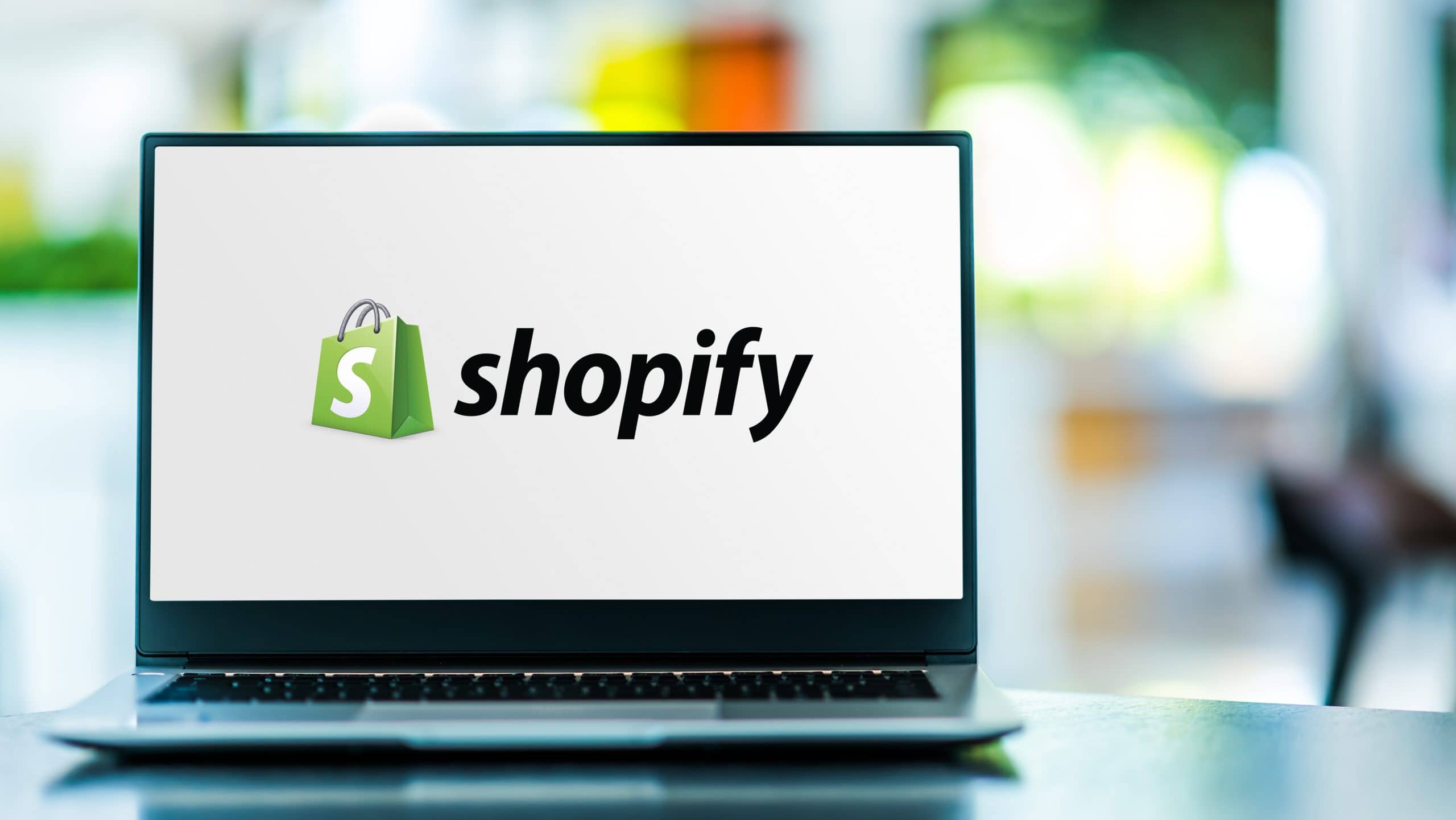
Share
By Alex Cramer
It’s a strange time for economic news. Interest rates are up, unemployment is down and the stock market has taken investors on a wilder ride than anything you can find at Six Flags.
But even as experts continue to predict a recession sometime in the next 12-18 months, a recent report from the Bureau of Economic Analysis, a federal agency, shows that consumer spending actually increased by $32.7 billion in May.
That might be why, despite all of the doom-and-gloom coming from financial experts, we’re still seeing major e-commerce brands make aggressive moves and deals.
Case in point, Shopify made two major announcements in recent weeks.
Twitter (which could really use some good news right about now) announced that they were partnering with Shopify to launch a Twitter sales channel app that would be available to Shopify merchants and is meant to help them optimize their sales experience on the social network by allowing them to automatically sync their product catalog with their Twitter profile.
Because many merchants already use Shopify as the central hub through which they run their online business, being able to integrate with Twitter will provide them and their customers with more value.
Features offered by the new channel include:
- The ability for merchants to easily connect their Shopify admin to Twitter’s Shopping Manager.
- Merchants will be able to automatically sync inventory on their Twitter page with their Shopify account, so they no longer have to manually enter new products
- Merchants can highlight products and deals on their Twitter profile
Although it’s still early days for the new channel, merchants are already reporting success with the features.
“The Twitter sales channel makes it quicker and easier to meet our customers wherever they are. The automatic syncing is going to help us save so much time, and the sales channel allows me to easily connect the two platforms that we already tap into to sell products and engage with customers,” Trixie Cosmetics Senior Social Media Manager, Jessica Stevens, said in the announcement.
This news is also consistent with the actions we’ve seen from social media companies to make more aggressive moves into the e-commerce space. Instagram already offers direct shopping, which allows customers to make purchases directly from the pages of brands and influencers that they follow and both YouTube and Amazon are offering live stream shopping options to merchants.
But Shopify didn’t stop there. In addition to growing their social media footprint, they’re also targeting B2B wholesalers with a new suite of features and tools.
While Shopify has traditionally been focused on smaller direct-to-consumer sellers, a report by the Financial Times says that they’ll be introducing a new B2B e-commerce platform that is designed to directly address the needs of wholesalers and sellers that are focused on selling in bulk to the B2B market.
“It is an opportunity for us to expand our [total addressable market],” Harley Finkelstein, Shopify’s president, told the Financial Times. “Not just go after direct-to-consumer businesses, big and small, but to now go after wholesale business, which is a huge untapped market.”
In addition to expanding their own market, it’s seen as a way for Shopify to strike back at Amazon, which took a direct shot at Shopify’s business model by offering Prime delivery services, similar to what Shopify offers, to merchants that aren’t part of the Amazon marketplace.
While we spend plenty of time reading about companies cutting back spending, slowing hiring or projecting slower growth, it’s important to keep in mind that there are still plenty of opportunities even when the economy looks shaky.
There’s no question that we’re in for some challenging times ahead, but one thing worth taking away from these Shopify announcements is that even in tough times, money never sleeps and business never stops.
Analysts at Morgan Stanley are still predicting multi-trillion dollar growth for the e-commerce market over the next few years and most economists are bullish on the future growth of online markets.
As much as any company needs to react to the realities of the current business climate, it’s important to keep the long view in mind and these Shopify deals show that there are still plenty of opportunities to be had in e-commerce.



